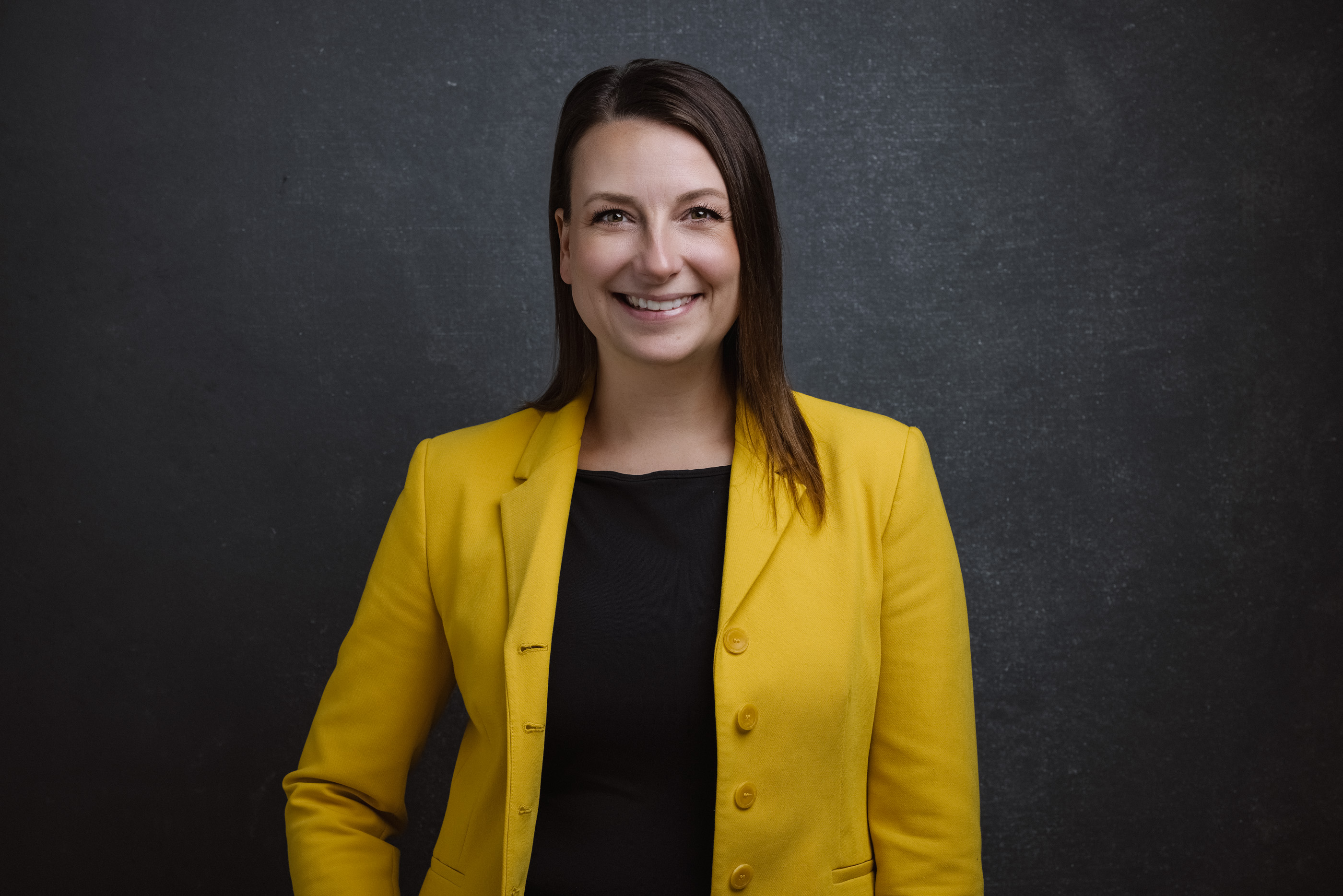Glenn Debattista is the Chief Operating Officer (COO) at BetStarters, a leading provider of iGaming solutions. With nearly two decades of experience in the iGaming industry, he has held pivotal roles in both the operator and affiliate sectors. His expertise spans sportsbook operations, digital marketing, and strategic leadership. At BetStarters, he focuses on delivering innovative and scalable solutions tailored to operators' needs, driving growth in emerging global markets.
You have had a long career in iGaming. What has this industry taught you?
This industry has taught me that there are endless opportunities for one to succeed if they work hard enough and manage to build a good network. In fact, having a good network is extremely important, more than some people might think. Going to conferences, building a strong LinkedIn profile and engaging with people in this industry are a must. Through the years I also learnt that people in this industry have a strong resistance to alcohol during conferences and events :)
Early on, what was one misconception you had about iGaming that experience quickly corrected?
I was lucky to start in this industry right from the time it arrived in Malta. I remember that at first, a lot of people were telling me to stay away from this “gambling business” as it wouldn’t last long in Malta and companies would eventually leave the island. 20 years later it is still going on strong, so I guess that misconception was proven wrong.
How would you describe your current focus as COO? What does a typical week look like for you?
I think that different companies have different definitions and ways how a COO, or other C-Level positions, might do. It all depends on how small or big, how corporate or not, the companies are. In fact, in smaller or less corporate companies, C-levels end up dirtying their hands more than in bigger and more corporate companies. Which is not a bad thing, as you get to learn more by ‘dirtying your hands’ and trying the more granular tasks out, rather than just working on the strategy aspects, which is usually expected by C-Levels.
What’s one operational habit that has had the biggest impact on your day-to-day work?
Daily prioritisation using a simple “urgent vs important” matrix. In iGaming, it’s easy to get caught up in fire-fighting, so focusing on tasks that create long-term value keeps operations lean and purposeful.
What makes an iGaming company truly scalable from within?
Scalability depends on three things: standardised processes, a modular tech stack, and empowered people. When teams can make decisions within a clear framework, growth doesn’t break the system, but it enhances it.
What common bottlenecks do you see in content processes, and how can teams overcome them?
The biggest bottleneck is misalignment between SEO and product. Solving it requires shared goals and real-time collaboration, not siloed tasks passed down a pipeline.
What’s your perspective on how SEO, content, product, and CRM teams should collaborate?
They need to operate as a growth squad. SEO identifies opportunity, content creates relevance, product delivers experience, and CRM builds loyalty. Weekly sprints and shared dashboards help everyone speak the same language.
How do you personally define “quality content” in iGaming?
It’s content that drives a result, which can be engagement, education, or conversion. Quality in iGaming also means being trustworthy, localised, and UX-friendly, not just stuffed with keywords.
What KPIs do you personally pay close attention to when evaluating content-driven growth?
I look at organic traffic, indexed pages, time on site, and ultimately: first-time depositors from SEO content. Without that last metric, traffic is just noise.
How important are localization and cultural nuance in your content strategy across different regions?
Crucial. You can’t translate intent. Players in Brazil expect a different tone and journey than those in Canada or Nigeria. Localisation isn’t about language, it’s about culture and trust.
Where do you see content playing its most strategic role — acquisition, retention, brand, or all of the above?
All of the above, but its role changes over the customer lifecycle. Early on, it builds trust and interest; later, it drives reactivation and loyalty. Content is your voice, and your voice is your brand.
When evaluating a content partner or agency, what are the must-haves?
iGaming experience, SEO knowledge and real samples of performance-driven content. Bonus if they can plug into your CMS and deliver content.
What trends are you closely monitoring in the iGaming space right now?
AI is definitely the main trend. It has been on the rise for the past few years, but it has reached a point where it has become an integral part of our daily use (from a general perspective). I’m curious to see what will happen in a few years time with further advancements in AI.
What’s something you believe more iGaming brands should pay attention to in 2025?
Building content equity. Everyone’s chasing paid traffic — but owned content is an asset that compounds.
What’s your view on automation and AI? Where do they help, and where do they risk compromising quality?
AI is great for scaling research, briefs, and even drafts — but without human oversight, tone and trust go out the window. Use AI to speed up workflows, not to replace judgment or creativity!
What’s one myth about the iGaming industry that you’d like to debunk?
That it's all quick money and flashy campaigns. In reality, it’s one of the most regulated, competitive, and data-driven industries, where long-term success depends on ethics, user experience, and strategic content.
Looking back, what’s one piece of advice you wish you had received earlier in your career?
To be more bold and get out of your comfort zone without any fear. This might have accelerated my career. But I don’t have regrets, as obviously all the decisions I took have led me to where I am today.
Is there anything else you’d like to add?
Just that in iGaming, and to stay in theme, we sometimes underestimate the power of collaboration. The real competitive edge comes from how teams work together. When content, SEO, CRM, product are aligned, magic happens. That’s where long-term brand value is built.





